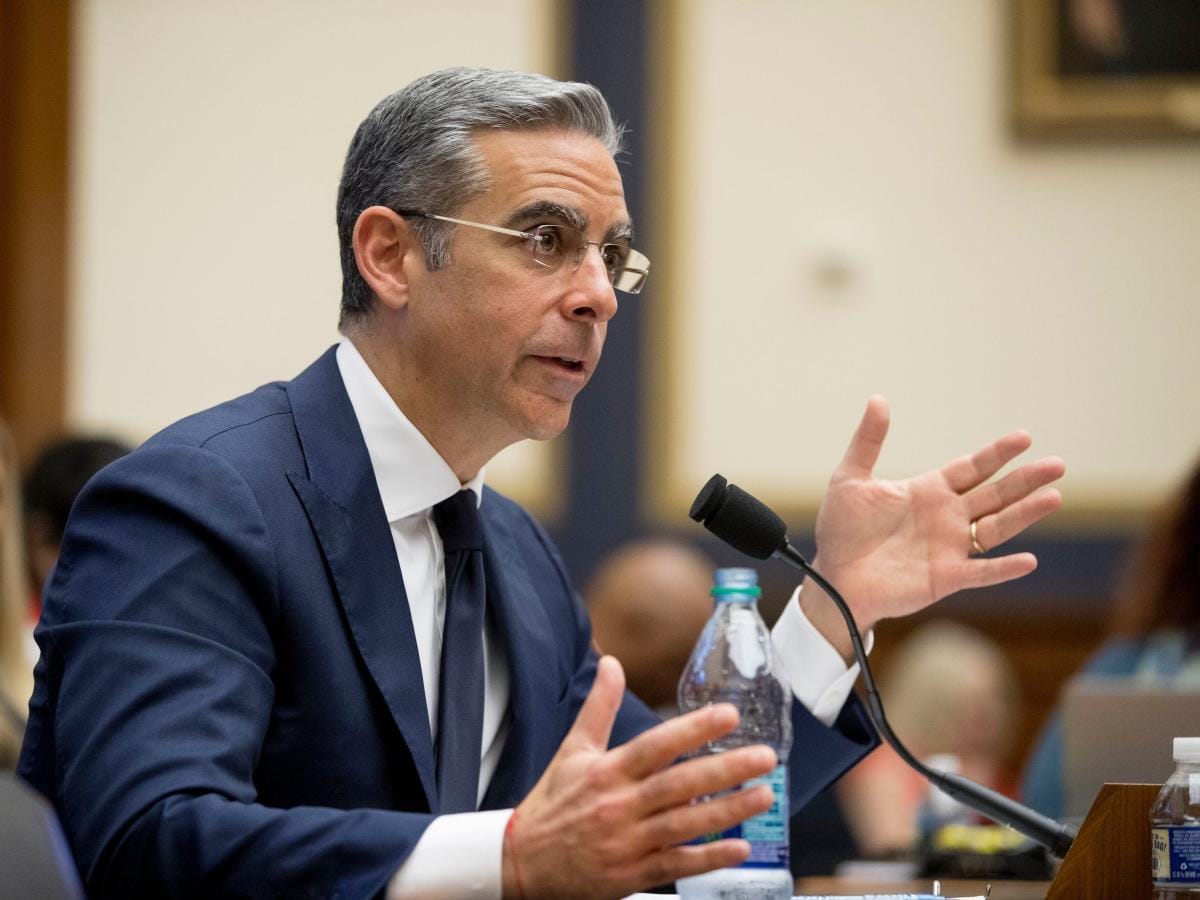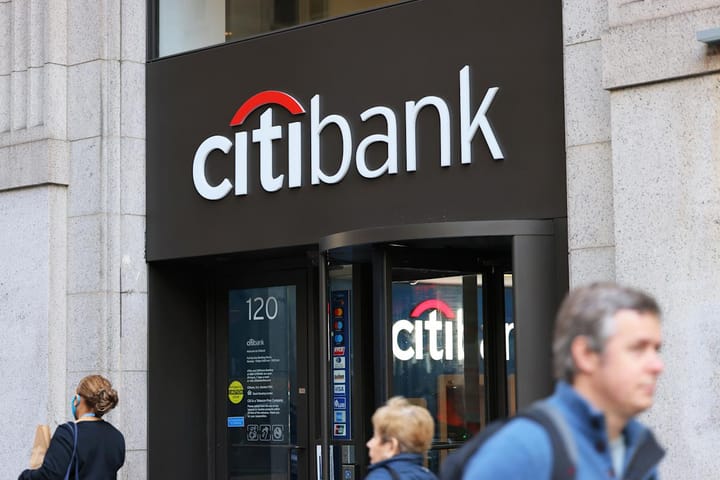Former Meta Executive Claims Libra's Shutdown Was "100% a Political Kill" by Regulators
David Marcus reveals how regulatory pressure led to Meta's failed Libra project.

How Libra's Shutdown Was Politically Driven, According to Former Meta Exec
In a recent social media post titled "How Libra Was Killed," former Meta executive David Marcus shared his perspective on the downfall of Facebook’s ambitious cryptocurrency project, Libra, which was later rebranded to Diem. According to Marcus, the demise of Libra was not due to technical or legal challenges, but rather, it was the result of what he describes as "100% a political kill" carried out by regulators.
The Rise and Fall of Libra
Libra, originally introduced by Facebook in 2019, was designed to be a stablecoin cryptocurrency aimed at providing financial services to billions of unbanked individuals worldwide. To oversee its creation, Meta (then Facebook) established a nonprofit organization known as the Libra Association, drawing involvement from major players like PayPal, Mastercard, and Spotify. With these heavyweights behind it, Libra was seen as a promising attempt to reshape the future of digital finance.
However, the project faced immediate and intense scrutiny from governments and regulators globally, who raised concerns about its potential to disrupt the financial system. This regulatory pressure ultimately caused many of Libra's initial partners to withdraw from the initiative.
David Marcus Reflects on the Shutdown
David Marcus, who was the former head of the Libra project at Meta, took to social media to provide his version of events that led to the project's collapse. He stated that his testimony before the Senate Banking Committee and the House Financial Services Committee in 2019 marked the beginning of what would become two years of exhausting efforts to appease lawmakers and regulators. Despite these efforts, Marcus argues that by the spring of 2021, Meta had addressed every conceivable regulatory concern surrounding the project, including privacy, money laundering, consumer protection, and financial stability.
However, according to Marcus, the real turning point came when Federal Reserve Chair Jerome Powell allegedly had a conversation with Treasury Secretary Janet Yellen in 2019. Marcus claimed that Yellen told Powell that allowing Libra to proceed would be “political suicide,” and she would not support him if he did. Marcus said this conversation was key to understanding why the project was ultimately shut down.
The Political Kill Behind Libra
Marcus continued, explaining that following this conversation, the U.S. Federal Reserve intervened by contacting the banks involved in the Libra project. The Fed reportedly told these institutions that while they were not technically prohibited from moving forward with Libra, the Federal Reserve was uncomfortable with them doing so. This marked the beginning of the end for Libra, as it was clear that regulatory agencies had successfully undermined the initiative through strategic pressure on key participants.
He also shared a letter written by U.S. senators to companies like Visa, Mastercard, and Stripe, warning them about the potential consequences of being involved in the Libra project. The letter emphasized that companies participating in Libra could expect significant regulatory scrutiny on all payment activities moving forward.
The Politics of Financial Power
At its core, the opposition to Libra was rooted in concerns about the potential shift in financial power that such a large-scale, privately-run digital currency could create. In his testimony before Congress, Marcus defended the project’s intention to serve the unbanked, but lawmakers were wary of Facebook’s vast global reach and data practices, which were still under intense scrutiny following the Cambridge Analytica scandal.
The concerns were amplified by the fact that Libra was being driven by a private company, Meta, which already held immense influence over social media and online advertising. If successful, Libra could potentially reshape the entire global financial ecosystem, challenging the supremacy of the U.S. dollar and giving Meta a degree of financial control that regulators found alarming.
President Donald Trump at the time also publicly opposed Libra, stating that the project had "little standing or dependability" and reiterating that the U.S. dollar was the "only one real currency." These sentiments echoed widespread concerns about the stability and sovereignty of national currencies in the face of growing digital currencies.
The Diem Association’s Closure
By January 2022, the Diem Association (formerly Libra) announced that it was winding down its operations and selling its assets to the crypto-focused bank Silvergate for $182 million. This sale marked the official end of Meta’s ambitious stablecoin project, as regulatory pressure and political pushback made it increasingly difficult for the project to survive.
According to Marcus, despite addressing all the legal and regulatory concerns, the project's failure was purely political. “There was no legal or regulatory angle left for the government or regulators to kill the project,” Marcus said. “It was 100% a political kill — one that was executed through intimidation of captive banking institutions.”
Zuckerberg’s Role and the Future of Crypto
Mark Zuckerberg, Meta’s CEO, had his own brush with lawmakers over Libra, facing tough questioning during a Congressional testimony. Zuckerberg, who was forced to defend the initiative, suggested that Facebook would pull out of the project if it didn’t receive approval from U.S. regulators. While Facebook was a key player in Libra, its association with the project made it an easy target for lawmakers, especially in the wake of Facebook's many controversies.
Reflecting on Libra's failure, Marcus admitted that the project was overly “idealistic.” He acknowledged that the centralization of the project by a single company raised valid concerns. Governments were wary of allowing a private entity to control a global financial system, particularly with the power to manage a currency. In this context, the political opposition to Libra makes more sense: governments want to control the currency and ensure financial stability, which Libra threatened.
Marcus Moves On to Lightspark
Since leaving Meta, Marcus has gone on to co-found a new payments startup, Lightspark. While he has chosen not to comment further on Libra, his reflections on the project underscore the difficulties that companies face when attempting to enter regulated industries like finance and cryptocurrency.



